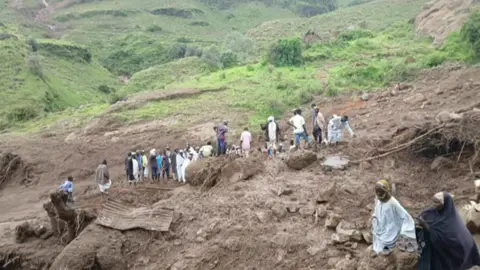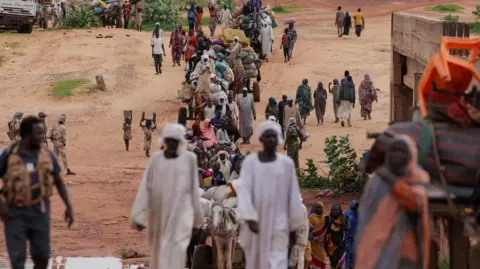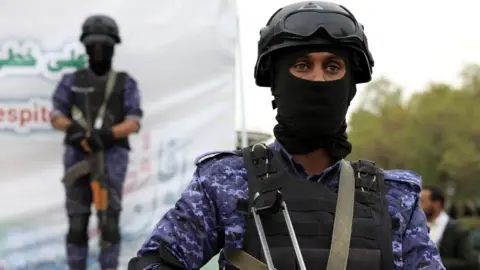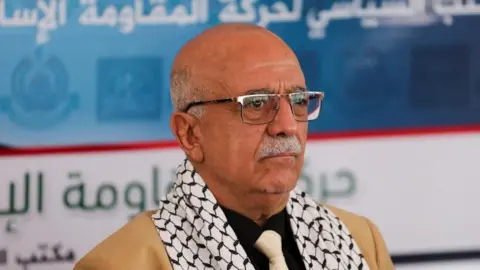In April, an aerial assault by U.S. forces destroyed a migrant facility in Saada, Yemen, leaving behind a scene of horror. The attack claimed lives and caused severe injuries among Ethiopian migrants, who were seeking refuge from the civil war back home.
Fanta Ali Ahmed, who survived the attack with broken limbs, expressed disbelief at the nature of the strike—“The place and everyone in it were mangled... I don’t know why America bombed us.” The attack intensified scrutiny on U.S. foreign military operations, especially as the migrant crisis continues.
As the migration route from Ethiopia to Saudi Arabia via Yemen has become perilous, the interaction between migration and military actions remains complex. U.N. reports indicate that over 60,000 migrants reached Yemen from the Horn of Africa last year alone, drawn by the hope of better opportunities amid ongoing wars.
In the dead of night, many migrants like Ahmed flee the violence in Ethiopia's Tigray region, only to encounter even greater threats. Their hopes for safety transform into fear as they navigate through detention centers, which have now become scenes of violence rather than refuge.
This situation has prompted calls for accountability on U.S. military actions leading to significant civilian casualties. The ethical implications of such engagements cannot be overlooked, especially when innocent lives are caught in geopolitical battles far removed from their homes.
Acknowledging the suffering of Ahmed and others like him brings to light the urgent need for a reassessment of military strategies and foreign policies that contribute to humanitarian crises globally. As they seek answers, the survivors’ plight stands as a stark reminder that migration is intertwined with complex geopolitical events requiring immediate attention and action.
Fanta Ali Ahmed, who survived the attack with broken limbs, expressed disbelief at the nature of the strike—“The place and everyone in it were mangled... I don’t know why America bombed us.” The attack intensified scrutiny on U.S. foreign military operations, especially as the migrant crisis continues.
As the migration route from Ethiopia to Saudi Arabia via Yemen has become perilous, the interaction between migration and military actions remains complex. U.N. reports indicate that over 60,000 migrants reached Yemen from the Horn of Africa last year alone, drawn by the hope of better opportunities amid ongoing wars.
In the dead of night, many migrants like Ahmed flee the violence in Ethiopia's Tigray region, only to encounter even greater threats. Their hopes for safety transform into fear as they navigate through detention centers, which have now become scenes of violence rather than refuge.
This situation has prompted calls for accountability on U.S. military actions leading to significant civilian casualties. The ethical implications of such engagements cannot be overlooked, especially when innocent lives are caught in geopolitical battles far removed from their homes.
Acknowledging the suffering of Ahmed and others like him brings to light the urgent need for a reassessment of military strategies and foreign policies that contribute to humanitarian crises globally. As they seek answers, the survivors’ plight stands as a stark reminder that migration is intertwined with complex geopolitical events requiring immediate attention and action.
















